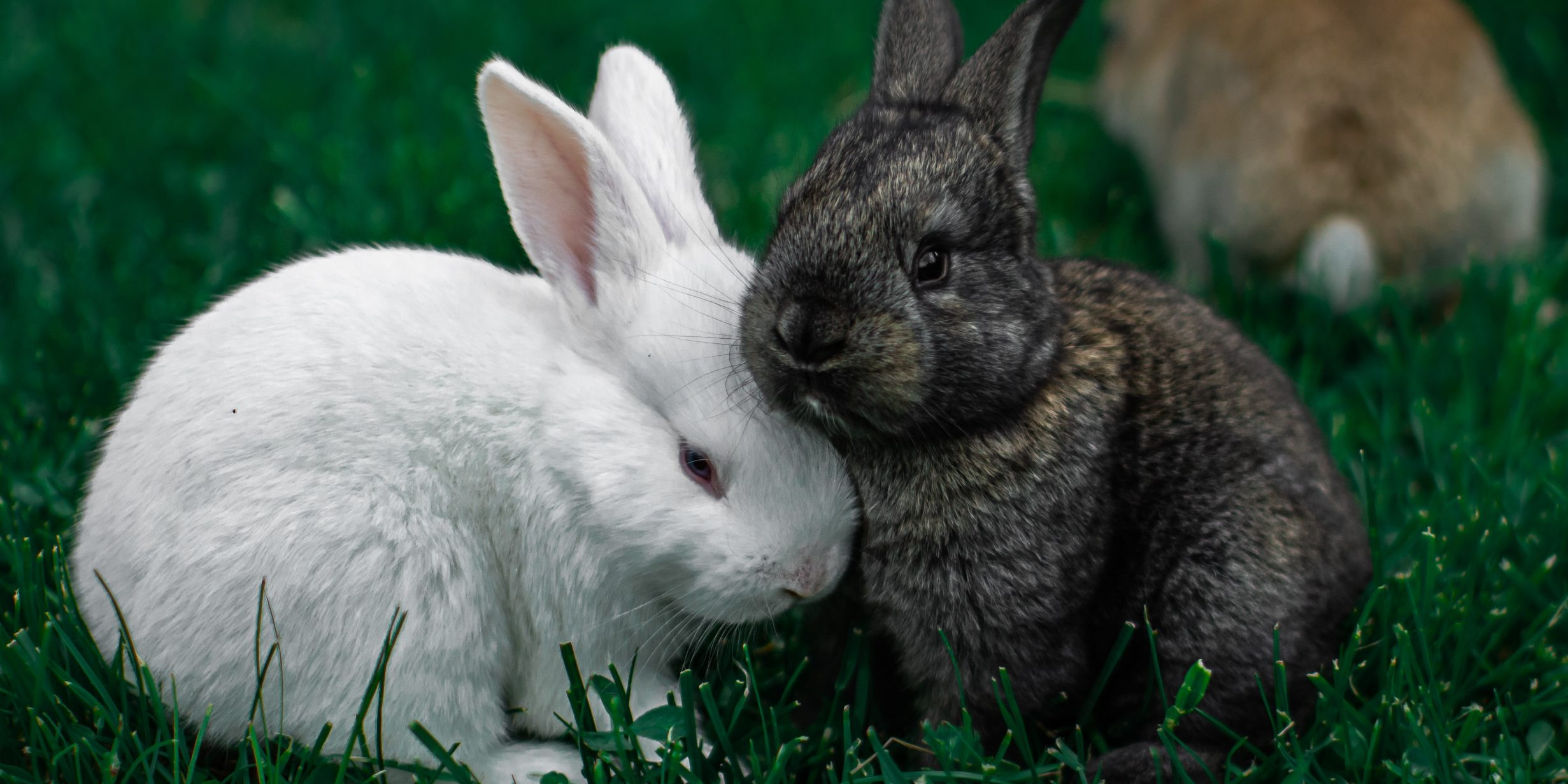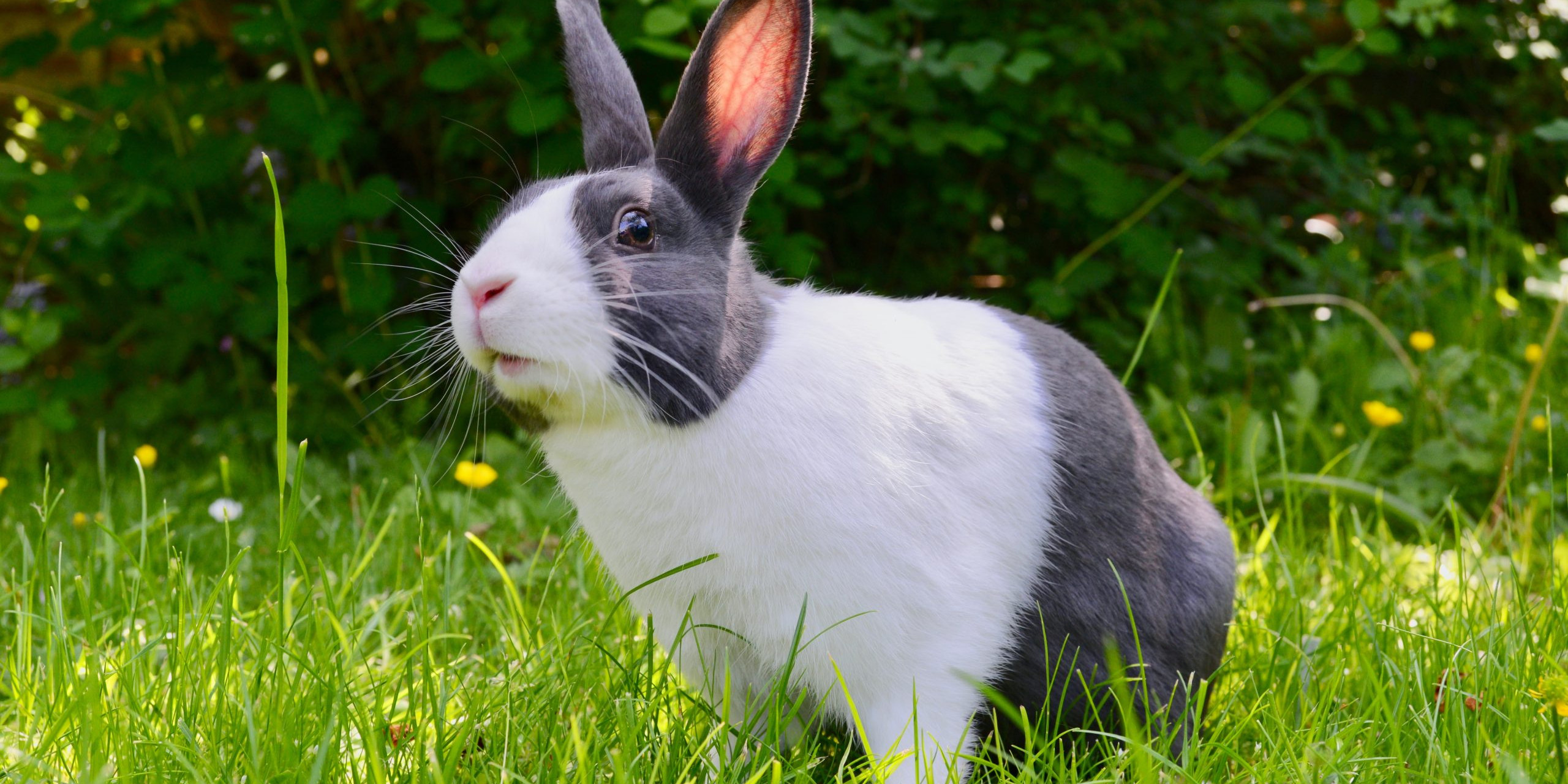Rabbits aren’t just adorable; they’re complex creatures with specific dietary needs. Understanding what to feed your rabbit is crucial for their health and happiness. This guide dives into the essentials of rabbit diets, offering insights into what works best for your furry friend.
Jump to:
Introduction to Rabbit Diets
Hey there, fellow rabbit enthusiasts! Let’s talk about what keeps our bouncy buddies hopping with health and happiness: their diet. It’s not just about carrots and lettuce; there’s a whole world of dietary needs we need to explore to keep our rabbits in tip-top shape.
Register for our latest in-depth reviews and product round-ups from the experts
Enter your email address below to receive our twice monthly reviews emails.
By entering your details, you are agreeing to our terms and conditions and privacy policy. You can unsubscribe at any time.
Essential Components of a Rabbit’s Diet
Hay: The Foundation of Rabbit Nutrition
- Why Hay is Important: Hay isn’t just food; it’s a crucial component for a rabbit’s digestive health. It helps prevent obesity, dental disease, and boredom.
- Types of Hay: Timothy, orchard grass, and oat hay are great choices. Younger rabbits may benefit from alfalfa, but it’s too rich for adults.
Fresh Greens: A Daily Delight
- Variety is Key: Rotate different greens like romaine, kale, and parsley to provide a range of nutrients.
- Introducing New Greens: Start slow to avoid digestive upset. One new green at a time, folks!
Pellets: A Supplement, Not a Staple
- Choosing the Right Pellets: Look for high-fiber, low-calcium options. Remember, pellets should only be a small part of the diet.
Water: The Essence of Life
- Always Available: Fresh, clean water should be accessible at all times. A hydrated bunny is a happy bunny.
Understanding Rabbit Digestive System
Rabbits have a unique digestive system that requires a careful balance of fiber, protein, and other nutrients. Here’s a quick rundown:
- High Fiber Diet: Essential for proper digestion and to avoid GI stasis, a potentially fatal condition.
- Sensitive Tummies: Sudden changes in diet can cause issues. Gradual is the way to go!
Tables Packed with Value
Table 1: Safe Greens for Rabbits
| Green | Benefits |
| Romaine Lettuce | Low in oxalates, high in fiber |
| Kale | Rich in vitamins, feed in moderation |
| Parsley | High in vitamin C, use sparingly |
Table 2: Fruits as Treats
| Fruit | Serving Size |
| Apple | 1-2 slices per week |
| Blueberries | 4-5 berries per serving |
| Banana | Small piece occasionally |
Variety in Rabbit Diets
Vegetables and Fruits: Safe Options and Limitations
- Safe Veggies: Think leafy greens and non-starchy vegetables. Avoid iceberg lettuce and starchy veggies like potatoes.
- Fruit in Moderation: Fruits are high in sugar, so they should be occasional treats, not diet staples.
Treats and Supplements: What’s Safe and What to Avoid
- Healthy Treats: Small pieces of fruit or store-bought treats specifically made for rabbits.
- Avoid Human Snacks: No chocolates, cookies, or bread. These can be harmful to your bunny.
Seasonal Diet Variations for Rabbits
- Summer: More water-rich veggies to keep them hydrated.
- Winter: Higher calorie foods like a bit more pellets to maintain energy levels.
Special Dietary Considerations
Diet for Young and Senior Rabbits
- Young Rabbits: They need more protein and calcium, so alfalfa hay is good for them.
- Senior Rabbits: Lower calorie diet with plenty of fiber to maintain digestive health.
Managing Diet for Overweight or Underweight Rabbits
- Overweight Bunnies: Less pellets and treats, more hay and exercise.
- Underweight Bunnies: More frequent feeding and possibly supplemental pellets.
Addressing Dietary Sensitivities and Allergies
- Watch for Reactions: If your rabbit shows signs of digestive upset after eating certain foods, eliminate them from the diet.
- Consult a Vet: If you’re unsure about allergies or sensitivities, your vet can provide guidance.
Special Dietary Considerations
Diet for Young and Senior Rabbits
Young and senior rabbits have different nutritional needs compared to their adult counterparts. Here’s a quick guide:
- Young Rabbits: They’re growing, so they need a diet rich in protein and calcium. Alfalfa hay is a great choice for these little hoppers.
- Senior Rabbits: As they age, their metabolism slows down. Focus on a lower calorie diet but ensure it’s high in fiber to keep their digestive system running smoothly.
Managing Diet for Overweight or Underweight Rabbits
Just like us, rabbits can have weight issues too. Here’s how to manage:
- Overweight Bunnies: Cut down on pellets and treats. Increase hay and encourage more exercise.
- Underweight Bunnies: Offer more frequent meals and consider adding some supplemental pellets to their diet.
Addressing Dietary Sensitivities and Allergies
Rabbits can be sensitive to certain foods, so it’s important to:
- Monitor for Reactions: If your rabbit shows signs of discomfort after eating certain foods, it’s best to remove them from their diet.
- Seek Veterinary Advice: If you’re unsure about what’s causing the issue, a vet can provide the best guidance.
Tables with Essential Information
Table 3: Daily Rabbit Diet Breakdown
| Food Type | Percentage of Diet | Notes |
| Hay | 85-90% | Essential for digestive health and dental care |
| Greens | 10% | Variety is important; introduce new greens slowly |
| Pellets | 5% | High-fiber, low-calcium options are best |
Table 4: Common Rabbit Dietary Issues
| Issue | Cause/Solution |
| Overweight | Less pellets/treats, more hay/exercise |
| Underweight | More frequent feeding, supplemental pellets |
| Digestive Upset | Gradual dietary changes, monitor for allergies |
Remember, every rabbit is unique, and their dietary needs can vary. It’s always a good idea to consult with a vet, especially when making significant changes to their diet. Feeding your rabbit the right diet is not just about keeping them full; it’s about ensuring they lead a long, happy, and healthy life. So, hop to it and give your furry friend the diet they deserve!
Frequently Asked Questions
A rabbit’s daily diet should consist mainly of hay, fresh greens, and a small portion of pellets. Remember, variety is key!
Yes, but in moderation. Fruits are high in sugar and should be treated as occasional treats rather than regular diet components.
This depends on their size and age. Generally, a ball of hay about the size of their body per day, a head-sized amount of greens, and a small portion of pellets are sufficient.
Jacquline Jackson
Meet Jacqueline, the insightful author and rabbit care expert at Hare Haha. With a deep passion for all things related to rabbit wellness, Jacqueline brings a wealth of knowledge to the Hare Haha community.
Related Posts
Diet for Pregnant Rabbits: Nurturing for a Healthy Litter
Pregnant rabbits, like any expecting mothers, need extra love, care, and yes,…
Rabbit Diet by Age: A Guide to Feeding Your Furry Friend
Rabbits are not just adorable pets; they’re complex creatures with…
Safe Fruits for Rabbits: A Guide to Bunny Diet
Hey there, fellow rabbit enthusiasts! If you’re like me, ensuring your…




